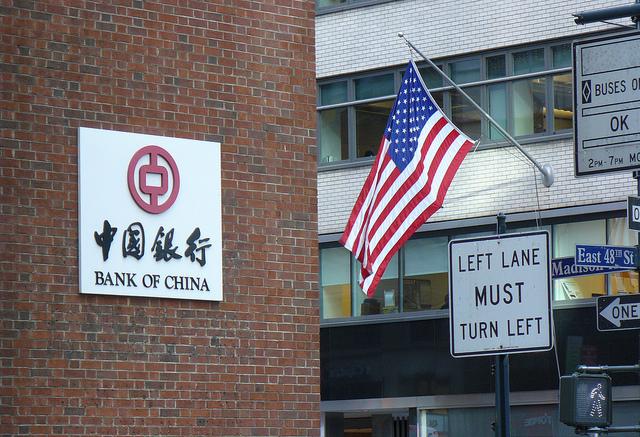Rich seek offshore wealth management
 0 Comment(s)
0 Comment(s) Print
Print E-mail
China Daily, December 23, 2011
E-mail
China Daily, December 23, 2011
 |
|
Chinese commercial banks should prepare to manage offshore wealth to meet the demands of the rich overseas. [File?photo] |
Chinese commercial banks should prepare to manage offshore wealth to meet the demands of the rich overseas, according to a report released on Thursday.
The report, carried out by the Boston Consulting Group and China Construction Bank, also said the value of China's individual investable assets will come to 62 trillion yuan ($9.8 trillion) by the end of 2011.
The report was compiled from the results of a survey conducted among more than 2,000 wealthy respondents - technically deemed high-net-worth (HNW) individuals - and from interviews conducted with various private-bank relationship managers.
Of the total amount of individual investable assets, about 27 trillion yuan (44 percent) came from the type of households polled in the survey. There is expected to be about 1.21 million such households this year, an increase of 42 percent over the past three years.
According to the report, 35 percent of wealthy Chinese are in Beijing, Shanghai and Guangdong. Wealth is also spreading rapidly to places such as Shanxi and Hainan provinces, which are rich in natural resources.
Nearly 60 percent of wealthy Chinese are entrepreneurs who made their money by starting their own businesses. Many of them have taken to looking to expand their endeavors abroad.
According to the report, private enterprises contribute about one-third of the total value of China's trade. In the first three quarters of 2011, they generated about $739.4 billion in trade, up about 40 percent from the same period a year earlier.
"As more and more Chinese entrepreneurs expand their businesses abroad, Chinese commercial banks should now start preparing to manage wealth offshore," said Wei Chunqi, general manager at China Construction Bank's wealth management and private banking department.
The report said Chinese commercial banks could test out wealth-management arrangements in Hong Kong, which has well-established legal, accounting, and regulatory systems.
"There are three ways a Chinese commercial bank can set up an offshore wealth-management arrangement: Setting up its own branches overseas, acquiring a financial institution abroad or establishing a joint-venture company with a foreign institution," said Wang Nan, a principal at Boston Consulting Group and a chief author of the report.
Wang said the demand for offshore products increases with wealth.
Of those with more than 50 million yuan in assets, 22 percent have already used offshore products and services. Of those with more than 300 million yuan in assets, about 70 percent expect to see more exposure to offshore products and services in the future.
"Security and privacy were big considerations for me when I was choosing a wealth-management agency," said Xiao Baiyou, at Outlet China Ltd, which develops, operates and invests in outlet malls in China.
Xiao said many wealthy Chinese want to have their wealth managed in Singapore or Northern Europe, both places believed to have good legal, accounting and regulatory systems.





